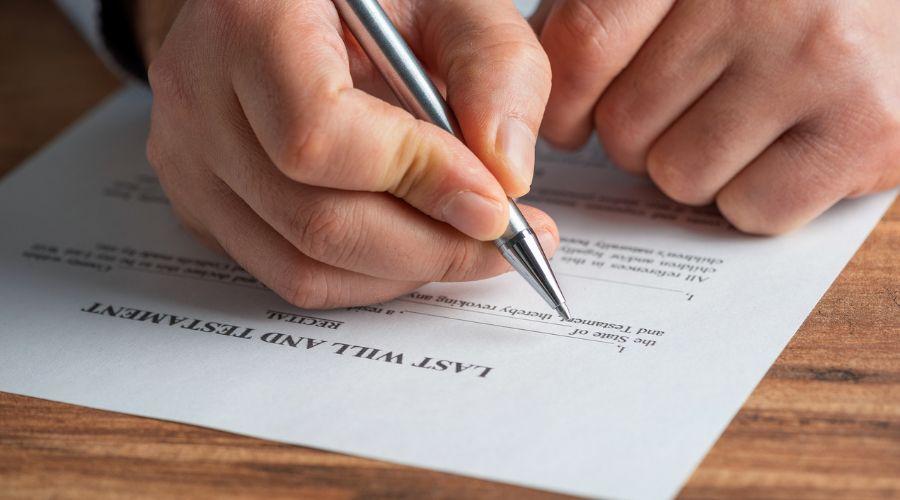Featured in Savvy Money Daily – Authored by Jean Chatzky
Making a will 101 and what happens if you don’t have one.
High on the list of things people don’t like to think about: bills, taxes, calories and, yes, death. That goes a long way toward explaining why only 42 percent of U.S. adults have a will, according to a new study from Caring.com. The kicker? That number is even lower — 36 percent — for those with kids under age 18. “If [you don’t have a will and] something happens to you, your kids are just out of luck,” says Katie Roper, vice president of Caring.com.
As for the why? Many (47 percent) say they “just haven’t gotten around to it.” If you keep telling yourself you’ll do it later, don’t beat yourself up — just move forward.
Here’s what a will does:
Many people believe a will controls the disposition of everything you own. False, says Jules Martin Haas, probate and estate planning attorney. A will controls assets that are in solely your name, like an individual bank account or a solely-owned house. But a will won’t control things like a joint bank account (which would go to the other owner if something happens to you) or a life insurance policy with a designated beneficiary (the policy would go to the beneficiary). This means that one of the most important things to do when you’re getting started is to think think about 1) what your assets are and 2) how they are owned. That way, you — and the people you love — won’t have to deal with any surprises.
Here’s what could happen if you don’t have one:
A will is the only document that allows you to name guardians for minor children. Without it, state laws outline what happens to your kids, and it could involve a lengthy guardianship proceeding. When it comes to property, if you pass away without a will, you’re considered to have died “intestate” — meaning the state will likely provide a priority list of the people who will receive the assets, says Haas. In New York, a spouse usually receives up to $50,000 plus half of the estate and affairs, and the kids share the other half. If there’s no spouse, that portion will go to the parents, and next in line after that is siblings. If the person isn’t close with family or doesn’t have a lot of family left, determining who the next of kin is can get lengthy and complicated. You can avoid all that hassle by creating an estate document.
Here’s how to make a will:
Before you start, sit down and think about who you’d want your guardians and your beneficiaries to be (discuss with a spouse if you have one) and, if you’ve got time, in what percentages. Then, think about how you’d like to create your will. Online resources like WillMaker ($55 through Nolo.com) or LegalZoom.com (DIY wills starting at $69) are good options. If your financial life is more complicated, consider hiring a lawyer or estate-planning attorney to make one for you, starting at about $500. Another option is to download an online will, then pay an attorney to look it over, says Roper. This probably wouldn’t take more than an hour, so it won’t set you back as much as the bill for creating one. Finally, tee up a conversation with your parents about where their wills are.

